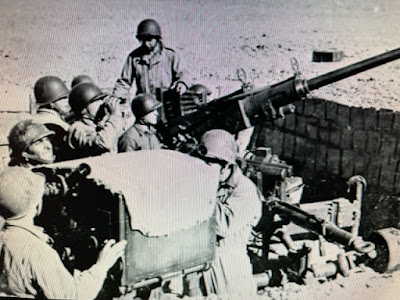 |
| General U.S. Grant |
Grant, like many of the Generals who fought in America's Civil War, learned about leadership and strategy while serving in the Mexican War. Like Lee, he had been a captain under General Zachary Taylor. Grant's skill with horses played an important role in the Battle of Monterrey, which was a major victory in the Northern Campaign.
During his time in the service of General Taylor, Grant observed first-hand the importance of managing and protecting your supply lines. The key supplies necessary for waging war at that time were guns and artillery, and food. Soldiers need nourishment and an army of any size won't last all that long without it.
* * *
 |
| French soldiers in the trenches of WWI |
What's worse is how many times the fundamental realities of warfare were neglected by those in command. The need for nourishment and the need for rest. Sometimes, Barthas writes, the men would go five days without eating. Sometimes they would be kept awake all night digging more trenches and then be expected to fight all day.
* * *
 |
| U.S. troops in North Africa, WW2 |
"Bud" (as he was called) became a cook. His role in the army was to make the meals that would keep the army strong.
After their time in Northern Ireland was complete the troops were deployed to Northern Africa. Bud continued as a cook until the army switched from making meals to opening cans. Bud complained about this, evidently, and he was re-assigned to be an anti-aircraft machine gunner.
Here is a poem Bud wrote about that period in which he was a cook.
The Cook's Life
We're just crummy cooks that slave every day,
From two in the morning, till nine P.M. with little more pay.
No one appreciates whatever we cook,
"Stew and beans again!" they holler with just one look.
I wish some would starve or start eating hay,
It would lessen our work, and shorten our day.
They think we’ll bake cake, what will be next?
For the appreciation we get, what do they expect?
They come around crying for a bite to eat,
It's between meals now, don't try to cheat.
The Quartermaster is stingy about a man's ration,
So we dish it out after that fashion.
Stew and beans is what they gave us,
So please don't make such a big fuss.
Eat it and like it, or starve on the way,
Because that’s what’s on the menu today.
Wilmer A. "Bud" Wagner
And There Shall Be Wars
* * *
I am imagining that one day wars will be fought with drones.










No comments:
Post a Comment